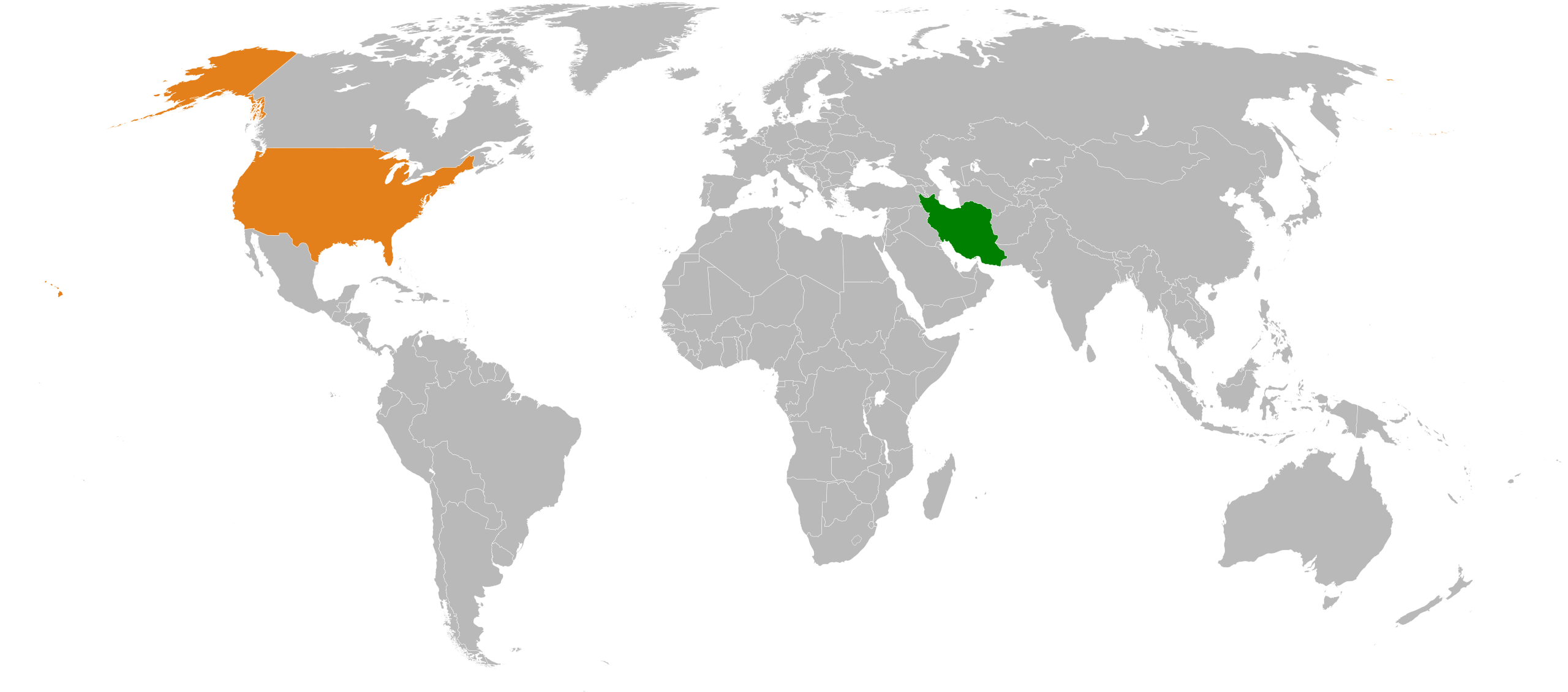In a rapidly evolving geopolitical development, the United States has taken a decisive step by deploying Marines and other military assets to the Persian Gulf. This move comes in response to a series of seizures and attempted seizures of shipping by Iranian naval forces, further straining the already complex relationship between the two nations.
Background of Iran-United States Relations
Iran and the United States have shared a tumultuous history, marked by diplomatic tensions and military standoffs. These relations have been strained over issues such as Iran’s nuclear program, human rights concerns, and regional influence in the Middle East. The situation escalated in 2018 when the U.S. unilaterally withdrew from the Iran Nuclear Deal, also known as the Joint Comprehensive Plan of Action (JCPOA), and re-imposed stringent sanctions on Iran.
Recent Incidents in the Persian Gulf
The recent events in the Persian Gulf have further heightened these tensions. Iran’s naval forces have been involved in the seizure and attempted seizure of several ships, leading to concerns over the free flow of commerce through one of the world’s most critical maritime chokepoints. The Strait of Hormuz is a key passage for global energy supplies, and any disruption to shipping through this narrow channel has the potential to impact global oil prices.
The United States’ Response
In response to these incidents, the U.S. military has deployed Marines and other military assets to the Persian Gulf. This deployment is seen as a demonstration of the United States’ commitment to ensuring the safety and security of the region’s waterways and upholding freedom of navigation.
The strategic move is a show of force, emphasizing that the United States will not tolerate any actions that threaten the global economy’s stability. Furthermore, it serves as a clear message to Iran that the U.S. is prepared to defend its interests and the interests of its allies.
Escalating Geopolitical Tensions
The situation highlights the complex geopolitical web in the Middle East. Iran’s ambitions and its regional influence are a source of concern for the U.S. and its allies. On the other hand, Iran perceives the presence of foreign military forces in the region as a threat to its sovereignty and a breach of its territorial waters. The evolving dynamics underscore the need for diplomatic efforts to prevent further escalation.
Potential Economic Implications
The escalation of tensions in the Persian Gulf carries potential economic ramifications. As energy prices remain sensitive to developments in the region, any significant disruption to oil shipments could lead to increased energy costs worldwide. This could impact not only the price of gasoline but also the broader global economic recovery.
Conclusion
The deployment of Marines and military assets to the Persian Gulf is a strong response to the recent maritime incidents involving Iran. It underscores the United States’ commitment to protecting the stability of the region and ensuring freedom of navigation. While this move is primarily a security measure, the broader implications for the global economy and regional stability cannot be ignored. It remains essential for all parties to exercise restraint, engage in diplomatic dialogue, and work towards de-escalation in the Persian Gulf.
As the situation continues to develop, the world watches closely, hoping for a peaceful resolution that can bring stability and security to this strategically vital region.
